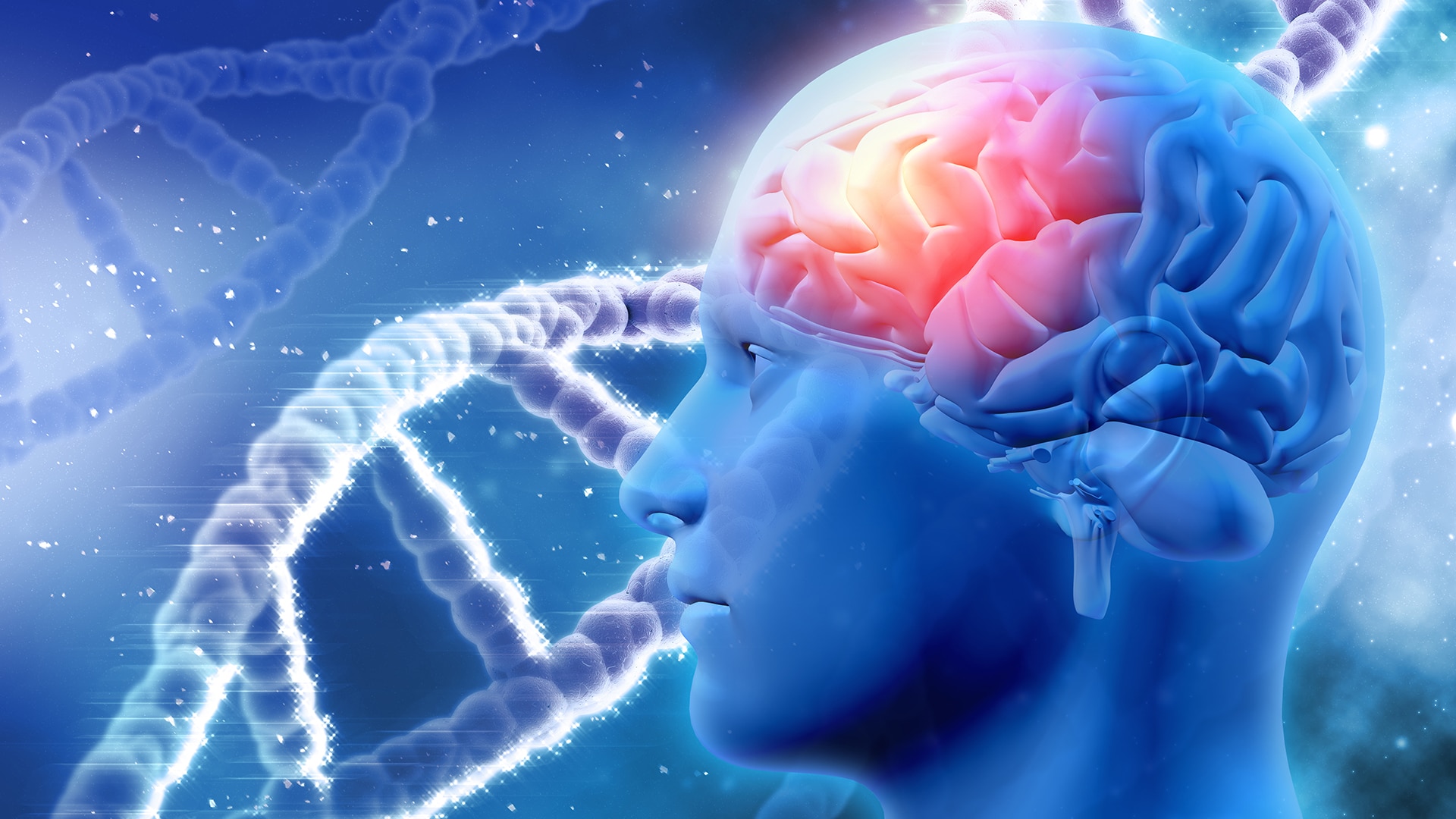Could the key to understanding cancer be found in non-coding DNA?
Researchers from SciLifeLab and Uppsala University have developed a new method for identifying functional mutations and detecting how they affect genes involved in the development of glioblastoma, an aggressive form of incurable brain cancer.
Out of the human genome, only around 2 percent give rise to proteins. The rest, containing non-coding DNA, has seen much less investigation but contains important information and regulates the activity of a gene in different tissues, in different stages of development, or in diseases such as cancer.
Glioblastoma is one of the most aggressive forms of cancer and prognosis is very poor. So far, the knowledge about how mutations in the non-coding DNA regions drive glioblastoma is limited.
In a recent study, led by Karin Forsberg-Nilsson and Kerstin Linblad-Toh (SciLifeLab/Uppsala University/Broad institute) and published in Genome Biology, researchers performed whole-genome sequencing of tumor DNA from patients with glioblastoma and analyzed the identified mutations.
“One of our key tasks was to identify functional mutations associated with regulatory elements and their potential relevance to the development of cancer cells, and to distinguish them from all random variations without presumed significance”, says Karin Forsberg-Nilsson in a press release from Uppsala University.
The researchers assumed that the parts of the DNA sequence that had remained unchanged in mammals throughout evolution likely had important functions. The thousands of mutations they had found in glioblastoma were therefore cross-checked with the data from the evolutionarily conserved regions in order to find out which mutations would have the most impact.
“We chose to focus on a subset of mutations in the best-preserved genetic regions, that are likely to affect gene regulation”, says Kerstin-Lindblad-Toh.
The researchers found a large number of mutations in non-coding regulatory regions near the SEMA3C gene. Previous findings suggest that SEMA3C is linked to poor cancer prognosis and for these two reasons the researchers focused on this gene in order to validate their findings.
“We studied how mutations in non-coding regions affect SEMA3C’s function and activity. Our results show that a specific, evolutionarily conserved, mutation in the vicinity of SEMA3C disrupts the binding of certain proteins whose task is to bind genes and regulate their activity”, says Karin Forsberg-Nilsson.
More than 200 other genes of interest, with mutations in their regulatory non-coding regions, were also identified. These genes probably also play an important role in the development of brain tumors.
“Our results confirm the importance of how genetic alterations in non-coding regions can be connected both with their biological function and disease pathology”, concludes Karin Forsberg-Nilsson.





